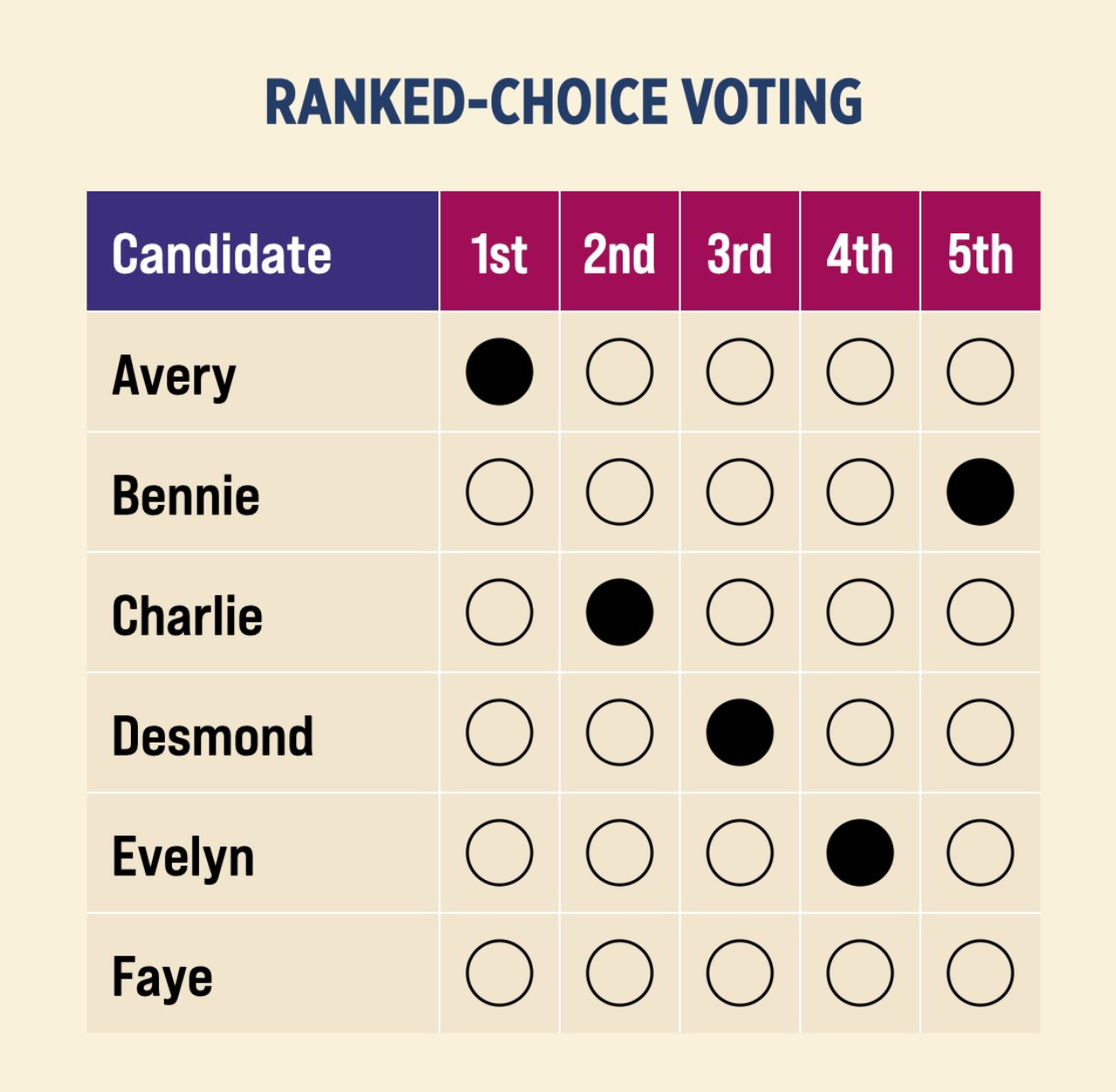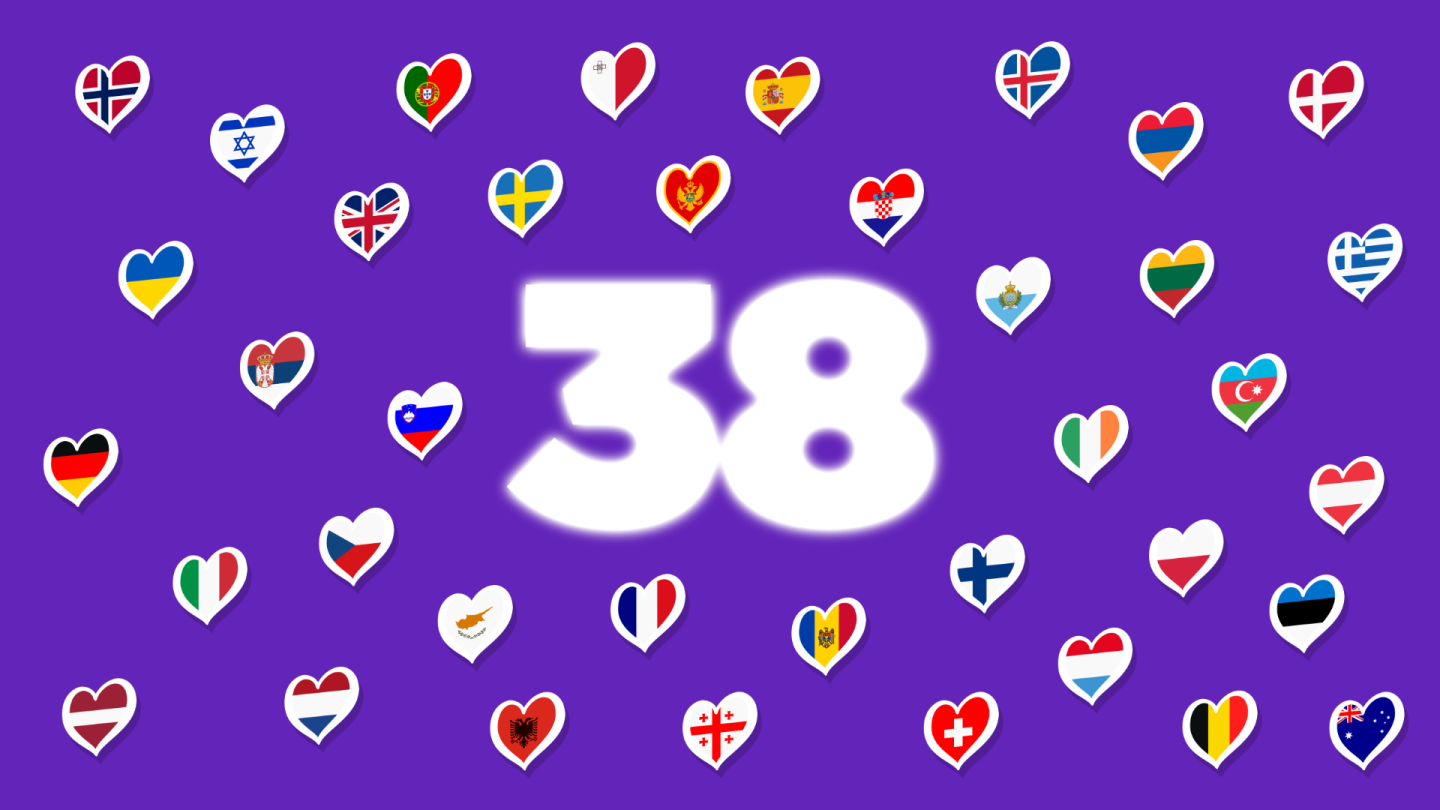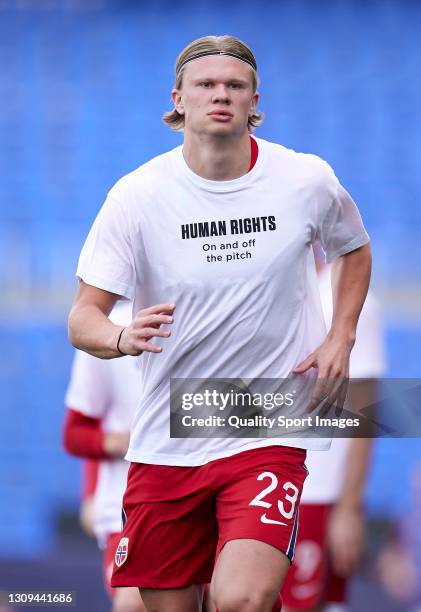How Eurovision Voting Works: A Complete Guide

Table of Contents
The Two Pillars of Eurovision Voting: Juries and Televoting
The Eurovision Song Contest uses a dual voting system, combining the opinions of professional juries and the public through televoting. This ensures fairness and incorporates diverse perspectives in determining the winner. Both jury votes and televotes are crucial components of the Eurovision scoring system; neither alone dictates the final result. This balanced approach aims to represent both critical appraisal and popular enthusiasm for each song.
- Professional juries: Consist of five music industry professionals from each participating country, offering a critical and expert evaluation of the performances.
- Televoting: Allows viewers to vote for their favorite entries, reflecting the widespread popularity and audience engagement.
- Weighting: The relative weight given to jury and televote scores can vary from year to year, with adjustments made to ensure fairness and prevent manipulation. This weighting is carefully considered by the European Broadcasting Union (EBU).
- Diverse Opinions: The combination of jury and televoting creates a more robust and representative result, preventing any single perspective from dominating.
The Role of National Juries in Eurovision Voting
National juries are composed of five music industry experts per participating country. These experts are carefully selected to ensure a wide range of experience and expertise in music. Their identities remain anonymous until after the voting concludes to prevent undue influence or bias. The judging process is rigorous, designed to offer a balanced assessment of the performances.
- Five Experts: Each jury comprises five members, each scoring each song individually.
- Anonymous Scoring: Scores are kept completely confidential until revealed after the final voting count. This anonymity is vital for maintaining impartiality and preventing external pressure.
- Judging Criteria: Juries typically assess various aspects, including artistic merit, vocal performance, composition quality, stage presentation, and originality.
- Professional Perspective: Juries provide a critical, professional perspective, complementing the more emotional response of the televoting audience.
Understanding Televoting in Eurovision
Televoting allows viewers to vote for their favorite entries, making it a significant part of the Eurovision voting experience. Each country sets its own specific rules and eligibility criteria for televoting. Robust systems are in place to prevent fraud and manipulation.
- Voting Methods: Viewers typically vote via telephone, SMS text message, or dedicated apps, depending on the specific country's regulations.
- Voting Window: Specific voting windows are clearly announced during the live broadcast, ensuring everyone has a fair opportunity to participate.
- Eligibility: Each country sets its own rules regarding eligibility for televoting, often preventing voting from outside the national boundaries.
- Fraud Prevention: Advanced technology and monitoring systems are implemented to detect and prevent voting irregularities and any attempts at manipulation.
- Popular Opinion: Televoting reflects the widespread popular opinion and the enthusiasm of the viewing public for each performance.
Preventing Vote Manipulation in Eurovision
The Eurovision Song Contest takes several measures to prevent vote manipulation and ensure the integrity of the voting process. These precautions are critical in maintaining the fairness and credibility of the competition.
- Advanced Technology: Sophisticated technology is used to identify and filter out fraudulent votes. This includes systems that monitor voting patterns for anomalies.
- Independent Auditors: Independent auditing firms verify the results to ensure accuracy and transparency. Their role adds an extra layer of confidence in the process.
- Vote Caps: To prevent any single source from dominating the voting, limits are often placed on the number of votes allowed from a single phone number or IP address.
- Weighting Systems: Weighting systems help mitigate potential biases, ensuring that neither the jury nor the televote unduly influences the outcome.
How the Eurovision Points are Calculated and Announced
The point allocation system is a key element of the Eurovision voting process. Each country's jury and televoting results are tallied separately, creating a dramatic reveal during the live broadcast.
- Point Allocation: Both the jury and the televote award points from 1 to 12, with points given to the top ten songs.
- Separate Announcements: Announcers reveal the jury points and then the televoting points from each country separately, building suspense and excitement.
- Combined Score: The combined scores from the jury and televoting determine the overall ranking and the final winner.
- Detailed Breakdown: A detailed breakdown of all the points awarded is typically made available after the competition concludes.
The Evolution of Eurovision Voting: Past and Present
The Eurovision voting system has evolved significantly over the years, with changes made to enhance fairness, prevent bloc voting, and increase viewer engagement.
- Combating Bloc Voting: Changes have been introduced to try and mitigate the impact of bloc voting (where multiple countries collude to vote for each other), leading to fairer and more representative results.
- Televoting Introduction: The introduction of televoting significantly increased viewer participation and engagement, adding a vital element of public opinion to the process.
- Weighting Adjustments: The weighting given to jury and televoting scores has been adjusted throughout the years to achieve a balance between expert opinion and public enthusiasm.
Conclusion
Understanding how Eurovision voting works adds a whole new dimension to enjoying the contest. From the professional judgments of national juries to the passionate expressions of the televoting audience, the system aims to balance critical appraisal with popular opinion. This complete guide has shown how the process combines these two elements to decide the winner of this prestigious annual event. So, next time you tune into the Eurovision Song Contest, you'll be armed with the knowledge to truly appreciate the complexity and excitement of the voting process. Learn more about the nuances of Eurovision voting and contribute to the exciting atmosphere!

Featured Posts
-
 Sveriges Svt Redo Att Arrangera Eurovision 2024 Om Kaj Vinner
May 19, 2025
Sveriges Svt Redo Att Arrangera Eurovision 2024 Om Kaj Vinner
May 19, 2025 -
 Guy Bartkus Palm Springs Fertility Clinic Bombing Suspect What We Know
May 19, 2025
Guy Bartkus Palm Springs Fertility Clinic Bombing Suspect What We Know
May 19, 2025 -
 Armenia Selects Parg For Eurovision In Concert 2025
May 19, 2025
Armenia Selects Parg For Eurovision In Concert 2025
May 19, 2025 -
 Billy Ray Cyrus Og Elizabeth Hurley Et Nytt Kapittel Etter Skilsmisse Og Toffe Ar
May 19, 2025
Billy Ray Cyrus Og Elizabeth Hurley Et Nytt Kapittel Etter Skilsmisse Og Toffe Ar
May 19, 2025 -
 Haalands Hat Trick Powers Norway To Dominant World Cup Qualifying Win
May 19, 2025
Haalands Hat Trick Powers Norway To Dominant World Cup Qualifying Win
May 19, 2025
